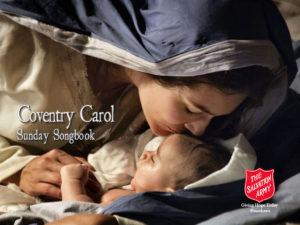Thine is the Kingdom, Lord,
Thou art the King of kings;
Thy realm enfolds the universe
And Heaven its tribute brings;
Though evil forces seem
On earth to hold the sway,
Thy loyal peoples wait in faith
To hail Thy crowning day.
Thine is the power, O Lord,
Nor Heaven nor earth can break;
The oceans move at Thy command,
The stars their courses make.
Thou canst the breath of man
Bestow or canst withhold;
Of all the wonders of Thy power
No tongue has ever told.
Thine is the glory, Lord,
The greatness and the praise,
The final victory over death,
The end of mortal days.
All majesty is Thine,
Beyond the poet’s pen,
For Thou art life, and light and love:
Amen, amen, amen!
Again this week we have a song with lines highlighted because of tragedies in this world of July 2016. Certainly “evil forces” have existed through the years, as people exercise their free will and so choose. How we pray that God will intervene!
Certainly “evil forces” have existed through the years, as people exercise their free will and so choose. Share on XArchibald Wiggins was born in Middlesex, England in 1893. He attended a Church of England Sunday School and came to a personal faith in Christ at a Methodist church, but later became a Salvationist and a Songster (choir member) at Harlesden. Before he was fourteen years old, he began to go to work, and eventually he became Assistant Secretary at the Connaught Club in London. In 1914, Archibald entered the Salvation Army Training College for Officers at Clapton.
After some corps and divisional appointments, Wiggins was given responsibilities in the Army’s Editorial Department, including work on musical publications. He spent time in Australia as Editor-in-Chief, and returned to London in 1951 as Assistant Editor-in-Chief, and Editor of The War Cry . In 1952 he became full Editor-in-Chief. His final position, as Lt.-Commissioner, was as Personal Literary Secretary to the General. Commissioner Wiggins retired in 1959. For fifty years he had contributed at least a song per year to The Musical Salvationist. Over the years he had written more than 250 songs. Wiggins also wrote biographies of prominent Salvation Army figures: Richard Slater (known as the father of Salvation Army music), Theodore Kitching and George Marshall. He was Promoted to Glory in 1976.
For Thou art life, and light and love: Amen, amen, amen! Share on X




